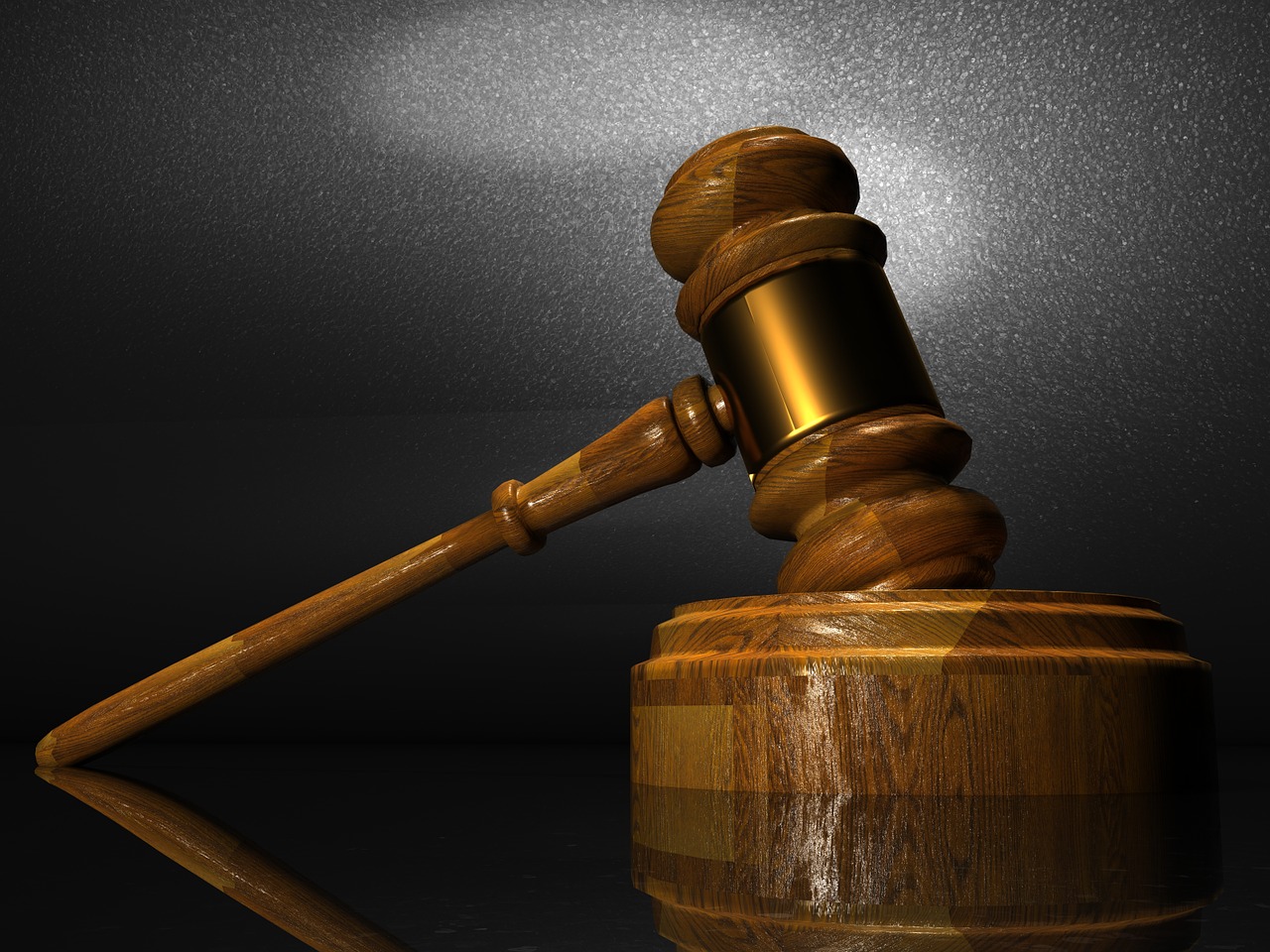The Truth About Lawsuits & Liability in Vehicle Accidents
Some auto accidents are clear-cut cases, but the majority make it difficult to determine liability in the event of a lawsuit. However, you and your legal aid must prove that the other party was at fault during a lawsuit to seek reparations. In smaller cases, the burden may fall squarely on your shoulders. So, here’s the truth about lawsuits and liability in vehicle accidents.
Understanding Fault
Fault is both created and defined by common law. Negligence, recklessness, intentional misconduct, and strict liability are the basic levels of fault under this law. Each is considered a broad category that contains multiple actions.
Negligence, in general, means careless conduct that results in either damage or harm. Failing to yield, running a red light, and texting while driving are all considered acts of negligence. If the driver could have avoided the accident, that is also negligence.
Recklessness occurs when a driver willingly disregards the safety of others. Transporting explosive chemicals, speeding, and swerving between traffic are all examples of reckless driving. Drunk driving is included in this category, which often shares the same incidents as intentional misconduct.
Strict liability places the blame on a driver regardless of fault. If you were transporting gasoline cans in an unsafe manner and they caught your car on fire, causing an accident, then strict liability would be imposed. Truck accident lawyers in Louisiana specialize in strict liability due to the nature of their client’s jobs.
Any violation of any of the four basic faults results in a tort, which is considered a wrongdoing committed by one person on another. The individual is referred to as a tortfeasor in legal terms. While a drunk driver is an obvious tortfeasor, most general negligence accidents often make it extremely difficult to determine liability.
Statutory Laws
Each state also has statutory laws in place that regulate how a driver must operate their vehicle. Breaking a statutory law counts as negligence. An excellent example would be if a motorcyclist did not wear their helmet. Fault or liability is placed on anyone who does not follow these state-based laws.
These laws also help insurance companies determine if the accident would have occurred had the law been followed. In the motorcycle example, the rider’s helmet could not have prevented an accident. However, it would have limited their injuries. That makes the cyclist liable for any head trauma.
Handling Lawsuits and Liability
The laws surrounding vehicle accidents are tricky to navigate. If you’ve recently been in an accident, whether it was your fault or not, it is vital that you hire a car accident lawyer. These attorneys are well-versed in both statutory and common laws surrounding driving, giving them the ability to provide the help you need.
A lawyer can help lessen your charges, prove that the accident was the other party’s fault, or place partial liability on the other driver. Don’t risk hefty fines and losing your license, especially if the accident wasn’t your fault. Let your lawyer fight your case for you.
I’m a single mother of 2 living in Utah writing about startups, business, marketing, entrepreneurship, and health. I also write for Inc, Score, Manta, and Newsblaze

